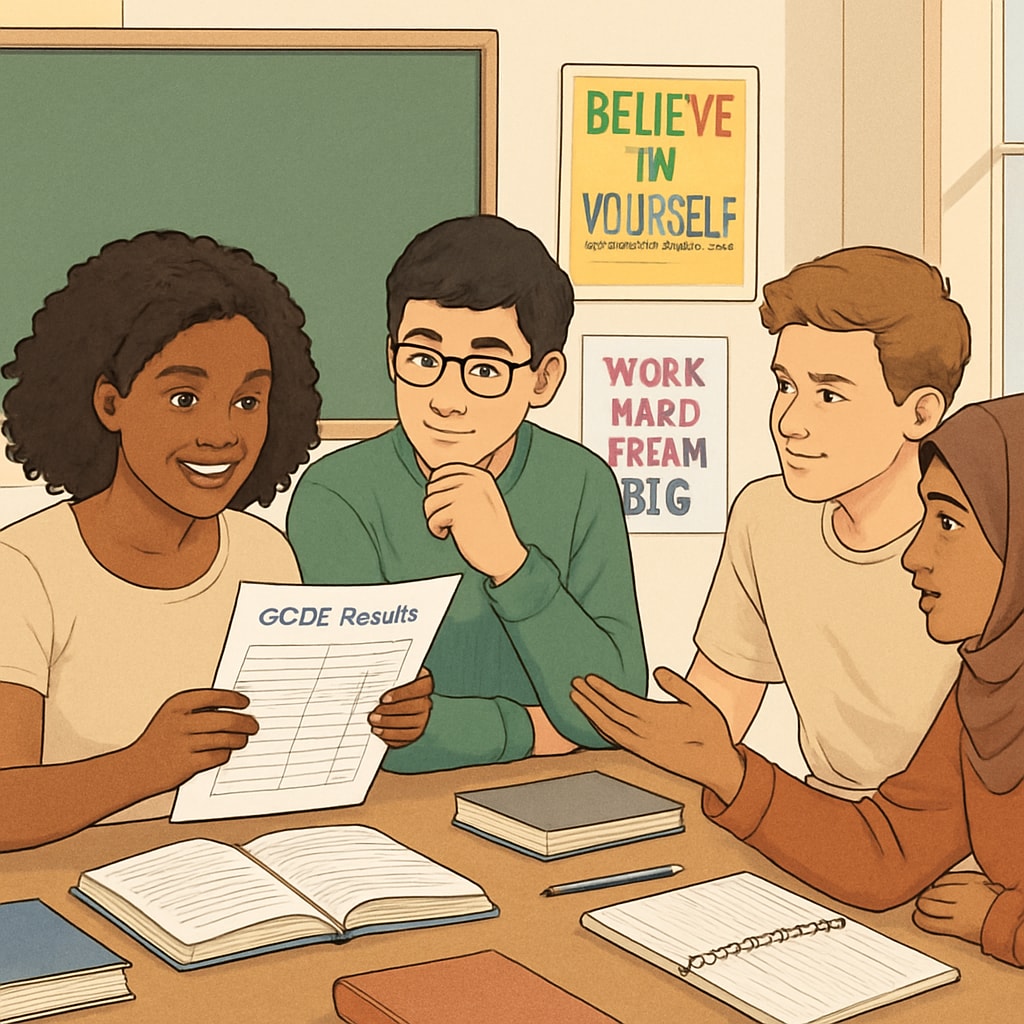The release of GCSE results often marks a pivotal moment for students, but when the outcomes fall short of expectations, it can lead to deep academic anxiety and uncertainty about career prospects. For many, this disappointment feels like a roadblock to future success. However, it’s essential to remember that academic performance is only one measure of potential. By addressing emotional challenges, reframing personal value, and exploring alternative pathways like vocational courses, students can redefine success and chart a fulfilling career trajectory.

Understanding Academic Anxiety and Emotional Impact
Academic anxiety stemming from unexpected GCSE results can manifest as stress, self-doubt, and even feelings of failure. These emotions are natural, but they require active management to prevent long-term mental health issues. For example, students might feel pressure from societal expectations or comparisons with peers, which can amplify their distress. It’s crucial to validate these emotions while also encouraging positive coping mechanisms.
Key strategies for addressing academic anxiety include:
- Seeking support from parents, teachers, or counselors to share feelings and gain perspective.
- Practicing mindfulness or relaxation techniques to reduce immediate stress.
- Shifting focus from grades to personal growth and long-term goals.
Recognizing that GCSE results are not a definitive measure of worth is the first step toward rebuilding confidence and resilience.
Reevaluating Career Prospects: Beyond Traditional Academic Routes
While GCSE results often influence initial career decisions, they don’t define the entirety of one’s professional journey. Students who feel disheartened by their grades can explore alternative pathways such as vocational qualifications, apprenticeships, or BTEC courses. These career-focused options provide practical skills and hands-on experience, often leading to rewarding roles in industries like healthcare, engineering, and technology.

Benefits of exploring alternative career options include:
- Greater alignment with personal interests and strengths.
- Increasing employability through specialized training.
- Discovering industries with high demand for skilled workers.
For instance, apprenticeships offer structured learning and opportunities to earn while gaining qualifications, making them an appealing choice for students seeking a more hands-on approach to education.
Building Resilience and Long-Term Success
Overcoming academic disappointment requires resilience and a proactive mindset. Students can benefit from setting new goals, celebrating small achievements, and maintaining a long-term perspective. For example, focusing on skill development, networking, and gaining real-world experience can pave the way for success in diverse fields.
Additionally, cultivating a growth mindset—believing that abilities can improve with effort—helps students adapt and thrive despite setbacks. As a result, they can approach future challenges with confidence and determination.
Educational resources like BTEC courses on Wikipedia provide valuable insights into alternative qualifications that emphasize practical knowledge and career readiness. These programs can be instrumental in helping students transition from academic disappointment to professional achievement.
Conclusion: Redefining Success Beyond GCSE Results
Academic anxiety and concerns about career prospects are valid reactions to underwhelming GCSE results. However, they should not overshadow the potential for growth and success in other areas. By addressing emotional challenges, exploring vocational pathways, and maintaining a long-term perspective, students can rebuild confidence and discover fulfilling career opportunities.
Ultimately, success is not solely defined by grades but by the ability to adapt, persevere, and pursue passions. Embracing this broader perspective empowers students to overcome setbacks and achieve their full potential.
Readability guidance: Use concise paragraphs, actionable lists, and supportive external links to enhance clarity. Incorporate over 30% transitional phrases and limit passive voice usage to improve flow and engagement.


